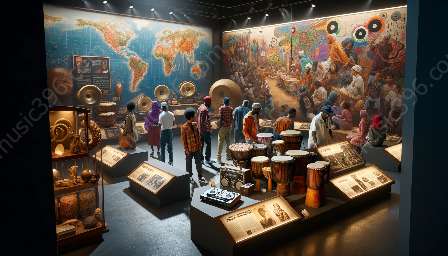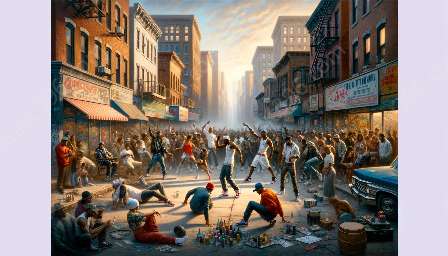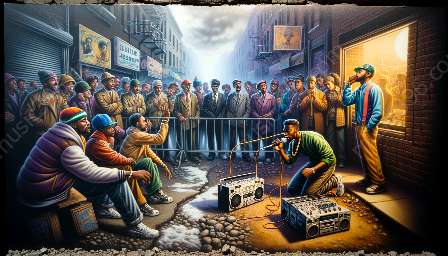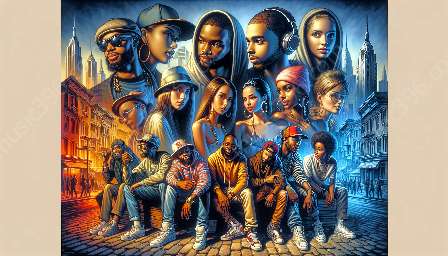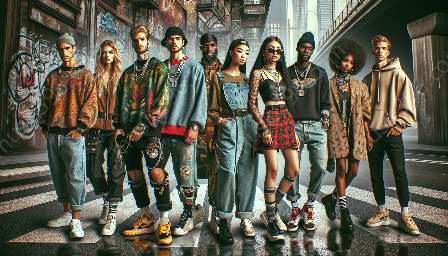Reggaeton, a genre deeply rooted in urban and hip-hop culture, has gained international popularity and cultural significance. Its music, dance, fashion, and lyrical content have created a vibrant and diverse cultural landscape. However, this cultural movement also raises ethical considerations, particularly in regard to gender and sexuality.
Reggaeton: History and Cultural Influence
Reggaeton originated in the late 20th century in Puerto Rico, and its sound is characterized by a fusion of Latin, Caribbean, and urban music styles. Over time, it has evolved into a global phenomenon, influencing mainstream music and popular culture around the world. The genre's themes often include love, relationships, partying, and social issues, all of which contribute to its widespread appeal.
Gender Representations in Reggaeton
The portrayal of gender in Reggaeton is a topic of ongoing discussion and controversy. The genre often features explicit and provocative lyrics and visuals that depict gender stereotypes, objectification, and sexualized imagery. Female artists are sometimes presented in a hypersexualized manner, raising concerns about the perpetuation of negative gender stereotypes and the objectification of women. Critics argue that these representations contribute to the normalization of unhealthy gender dynamics and reinforce patriarchal structures.
On the other hand, some proponents of Reggaeton argue that the genre provides a platform for female artists to express themselves freely and challenge traditional gender roles. They highlight the empowerment and confidence displayed by female performers in their music and stage presence. This nuanced perspective acknowledges both the problematic aspects and the potential for empowerment within the genre's gender representations.
Sexuality in Reggaeton
Sexuality is a prominent theme in Reggaeton music, often expressed through explicit lyrics and sensuous dance moves. While some listeners appreciate the genre's openness and celebration of sexuality, others criticize it for glorifying promiscuity, reinforcing heteronormative ideals, and contributing to the objectification of individuals based on their sexuality.
Furthermore, issues related to consent and respect in romantic and sexual contexts are sometimes overlooked or misrepresented in Reggaeton songs. This has led to debates about the responsibility of artists and the impact of their music on societal attitudes towards sexual behavior and consent.
Challenges and Potential Evolution
The ethical considerations in gender and sexuality in Reggaeton reflect broader cultural and societal dynamics. The genre's influence, reach, and power to shape perceptions and behaviors present both challenges and opportunities for promoting positive and inclusive representations. Artists, producers, and industry stakeholders have a responsibility to critically evaluate the impact of their work and consider the implications of their creative choices on issues of gender and sexuality.
Conversations within the Reggaeton community and among its audiences can lead to a greater understanding of the complexities and nuances involved in the expression of gender and sexuality in the genre. This, in turn, may foster an environment where artists feel empowered to explore diverse perspectives and challenge harmful stereotypes while respecting the expressive freedom that characterizes the genre.
Conclusion
Reggaeton, as a vibrant and influential cultural movement within urban and hip-hop contexts, is a lens through which we can examine the ethical considerations surrounding gender and sexuality. By engaging in critical dialogue, promoting introspection, and fostering an environment that embraces diversity and inclusivity, the Reggaeton community can contribute to a more thoughtful and responsible representation of gender and sexuality in the genre.






